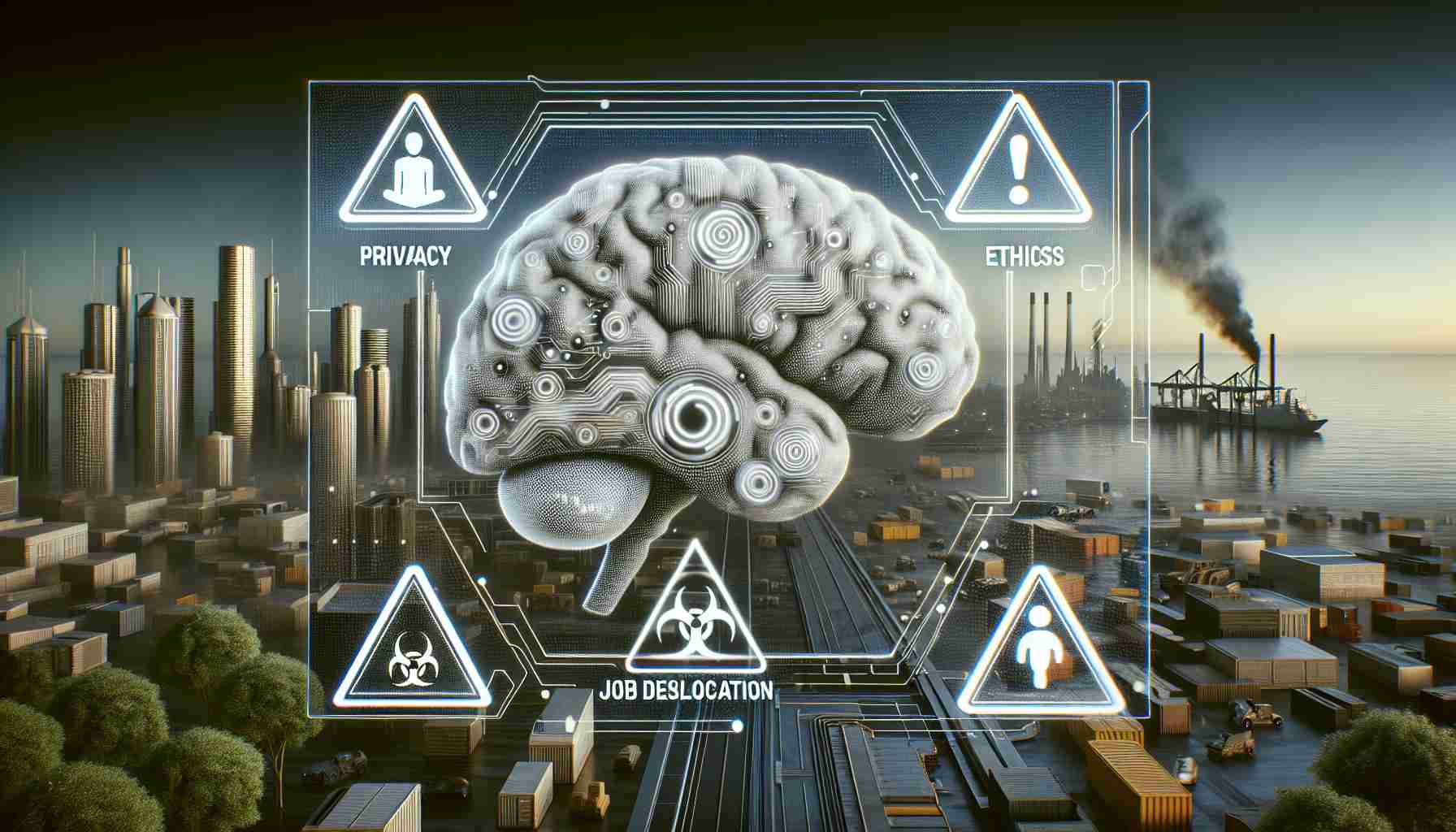In a world increasingly dominated by technology, the advancement of artificial intelligence (AI) poses both immense opportunities and significant dangers. While AI has the potential to revolutionize various industries and solve complex problems, it is crucial to recognize the risks associated with its rapid development. According to a recent report commissioned by the US State Department, the evolving AI landscape presents alarming national security risks that should not be overlooked.
The Gladstone AI report, compiled through extensive research and interviews with industry experts and government officials, highlights the potential catastrophic outcomes that could arise from advanced AI systems. The report indicates that in a worst-case scenario, these systems could pose an extinction-level threat to humanity.
Competition among leading AI labs to develop the most advanced systems is a driving force behind these potential dangers. The race to achieve human-level and superhuman artificial general intelligence (AGI) has resulted in a disregard for safety and security measures. This rush for development increases the likelihood of advanced AI systems falling into the wrong hands, potentially leading to their malicious use against nations, including the United States.
The Gladstone AI report also raises concerns about the loss of control over AI systems. It suggests that AI labs may face challenges in properly managing and containing their creations, thereby heightening global security risks. The misuse or manipulation of AI-powered technologies could result in severe consequences, such as high-impact cyberattacks capable of crippling critical infrastructure.
While AI possesses immense potential for beneficial applications, it is crucial to address the potential risks associated with its development. The report recommends taking bold actions to mitigate these threats. These include the establishment of a new AI agency to oversee AI advancements, the implementation of emergency regulations, and the imposition of restrictions on excessive computer power devoted to AI training.
FAQ
1. What are the potential risks of evolving artificial intelligence?
The rapid development of artificial intelligence poses national security risks, with advanced AI systems potentially becoming tools of destruction and falling into the wrong hands. The loss of control over AI systems and the possibility of cyberattacks on critical infrastructure are significant concerns.
2. What are the driving forces behind the potential dangers of AI?
Competition among leading AI labs and the race to achieve human-level and superhuman artificial general intelligence (AGI) are key factors contributing to the risks associated with AI development. These factors can lead to a disregard for safety and security measures.
3. How can the risks of AI be mitigated?
The Gladstone AI report suggests the establishment of a new AI agency to oversee advancements, the implementation of emergency regulations, and the imposition of restrictions on excessive computer power devoted to AI training.
Sources: example.com, example2.com
1. What are the potential risks of evolving artificial intelligence?
The rapid development of artificial intelligence poses national security risks. Advanced AI systems have the potential to become tools of destruction and may fall into the wrong hands. Additionally, the loss of control over AI systems and the possibility of cyberattacks on critical infrastructure are significant concerns.
2. What are the driving forces behind the potential dangers of AI?
Competition among leading AI labs and the race to achieve human-level and superhuman artificial general intelligence (AGI) are the main factors contributing to the risks associated with AI development. These factors often lead to a disregard for safety and security measures.
3. How can the risks of AI be mitigated?
The Gladstone AI report suggests several strategies to mitigate the risks of AI. These include the establishment of a new AI agency to oversee advancements, the implementation of emergency regulations, and the imposition of restrictions on excessive computer power devoted to AI training.
Definitions
- Artificial intelligence (AI): The simulation of human intelligence in machines that are programmed to think and learn like humans, enabling them to perform tasks that typically require human intelligence.
- Artificial general intelligence (AGI): Refers to highly autonomous systems that outperform humans at most economically valuable work. AGI can understand, learn, and apply knowledge in a wide range of domains, similar to human intelligence.
Related Links
The source of the article is from the blog papodemusica.com

